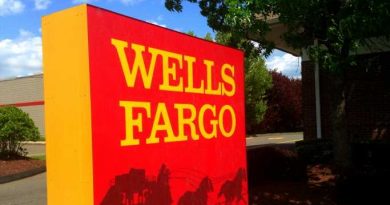S.Africa can normalise rates fairly slowly, says deputy c.bank governor
JOHANNESBURG, Aug 25 (Reuters) – South Africa’s deputy central bank governor, Kuben Naidoo, said on Wednesday that he thought the bank could normalise interest rates fairly slowly given that inflation was likely to remain well-behaved.
The South African Reserve Bank slashed its main lending rate by 300 basis points last year to a record low of 3.5% to help cushion the impact of the coronavirus crisis.
But it has left it on hold at its last six monetary policy meetings, diverging from some other emerging market central banks, which have started to raise borrowing costs because of a pickup in inflation.
“Our base-case scenario is that inflation is likely to behave itself over the next 12 months,” Naidoo told a webinar organised by asset manager Ninety One.
“Given the present outlook for inflation, I think we can be fairly slow and gradual with normalising rates.”
Naidoo said the repo rate would probably increase towards 6%-7%, which monetary policy committee members view as an approximate level for a “neutral rate,” as the economy returns to a reasonable level of growth.
“We think we can keep interest rates accommodative for at least another year or two,” he added.
Among potential risks the bank will monitor, Naidoo cited electricity tariffs, significant weakness in the rand currency, much faster interest rate increases in the United States and domestic fiscal pressures.
He said the downturn during the pandemic had been less severe than expected because of factors including a strong fiscal and monetary policy response, the fact that lower-income workers accounting for a relatively small share of consumption had suffered disproportionately badly, and a boom in commodity prices.
“But it is still an absolutely massive downturn, … I think it will take many years for the economy to fully recover,” Naidoo said.
A rebasing of gross domestic product estimates by the country’s statistics agency released on Wednesday put last year’s economic contraction at 6.4%.
Source: Read Full Article


